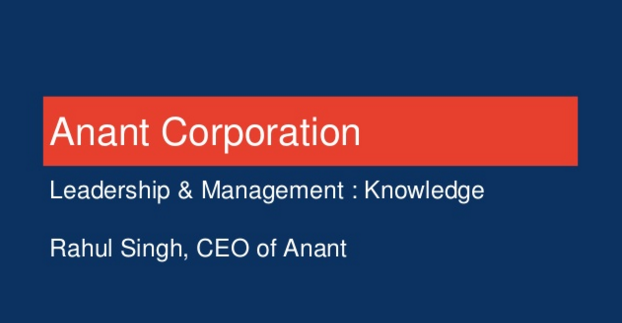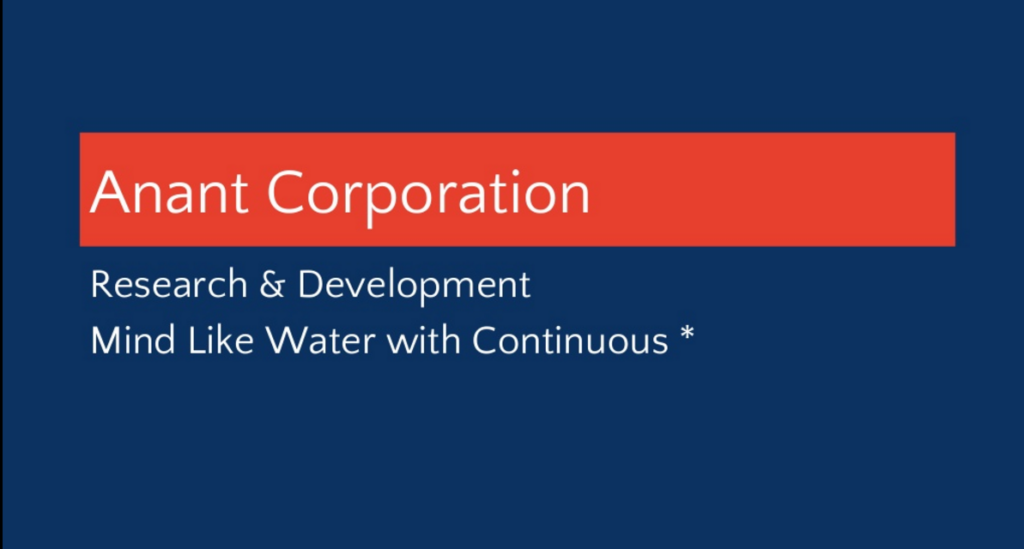A recent report by McKinsey Global Institute has highlighted the benefits of a robust knowledge management system. The report shows that a strong system can significantly reduce the time it takes to find information and boost productivity across an organization.
Understanding the Importance of Knowledge Management
Knowledge management is the process of capturing, organizing, and analyzing information, knowledge, and experience that exists within an organization. The goal of knowledge management is to improve the efficiency and effectiveness of decision-making processes. A robust knowledge management system is essential for organizations looking to streamline their operations and improve productivity.
As organizations continue to grow and expand, the amount of data and information they generate also increases. Without proper management, this information can become overwhelming, leading to confusion, wasted time, and ultimately a drop in productivity. By implementing a robust knowledge management system, organizations can ensure that their information is organized, accessible, and easy to use. This leads to faster and more informed decision-making, better collaboration, and ultimately a more productive workforce.
The Benefits of a Robust Knowledge Management System
According to the McKinsey Global Institute report, a robust knowledge management system can reduce the time it takes to find information by up to 35%. This reduction in time can have a significant impact on an organization’s productivity. Furthermore, the report suggests that a robust knowledge management system can raise productivity across an organization by 20-25%.
A knowledge management system can help organizations in multiple ways. For example, it can provide employees with access to relevant information in real-time, reducing the need for time-consuming searches for information. It can also help manage knowledge silos, where employees hoard information, which can lead to knowledge gaps and inefficiencies. With a knowledge management system in place, all relevant information is organized and easily accessible, reducing the risk of knowledge silos and improving collaboration among teams.
Implementing a Knowledge Management System
Implementing a knowledge management system can be a daunting task for any organization. It requires a significant investment of time and resources. However, the benefits of a robust knowledge management system far outweigh the costs. Organizations that implement a knowledge management system can realize significant improvements in productivity, efficiency, and decision-making.
When implementing a knowledge management system, it’s essential to consider the organization’s needs and goals. The system should be designed to meet these needs, and employees should be trained on how to use it effectively. Additionally, the system should be regularly reviewed and updated to ensure that it continues to meet the organization’s changing needs.
Conclusion
In conclusion, a robust knowledge management system is essential for organizations looking to improve productivity and streamline their operations. By implementing a knowledge management system, organizations can reduce the time it takes to find information, improve collaboration, and ultimately increase productivity. At ANANT, we offer a range of services to help organizations implement and optimize their knowledge management systems. Contact us today to learn more about how we can help your organization improve its productivity and efficiency.
Photo by matthew Feeney on Unsplash




